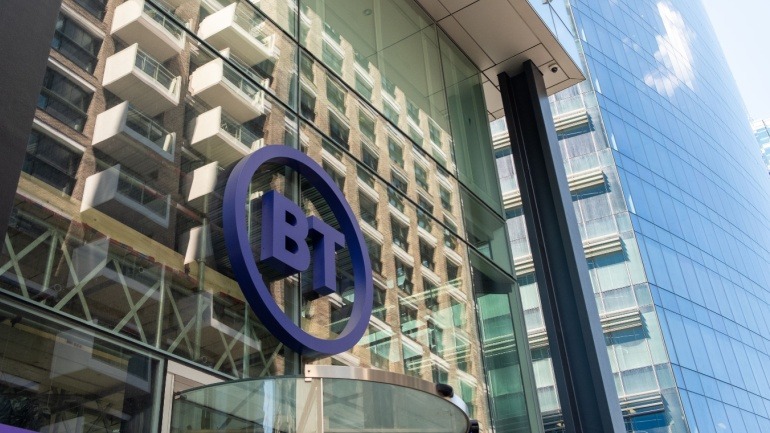The UK government has announced a significant reduction in funding for the Shared Rural Network (SRN) project, a scheme aimed at expanding mobile coverage in remote areas. The initiative, backed by £1 billion, involves a collaboration between the UK’s major mobile operators—EE, Three, Vodafone, and Virgin Media O2. These operators have already contributed £532 million, with the government pledging £500 million.
Phase one of this project, completed in the previous year, focused on enhancing 4G availability where only one operator was present. Presently, the second phase aims to tackle ‘not-spots,’ areas with no mobile coverage at all. Despite this progress, the government plans to reduce the construction of new mobile masts from 260 to 60, which raises concerns. Critics worry this decrease might impede connectivity improvements for rural communities, though the government argues otherwise.
A government representative affirmed, “It is wrong to suggest there will be any let up in our determination to upgrade connectivity for our rural communities.” They mentioned that operators had indicated the project’s goals could be achieved with fewer masts. According to the spokesperson, the SRN has already upgraded numerous masts and expanded 4G to cover over 95% of the UK.
The government remains committed to achieving full mobile coverage nationwide by 2027. However, mobile operators fear the savings from this cut may not be reinvested in alternative connectivity projects. They expect accountability from the government, as they have fulfilled their part in the SRN collaboration.







